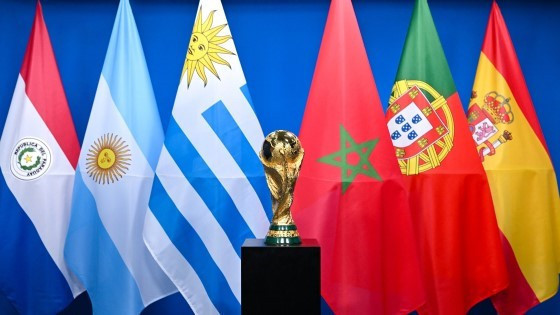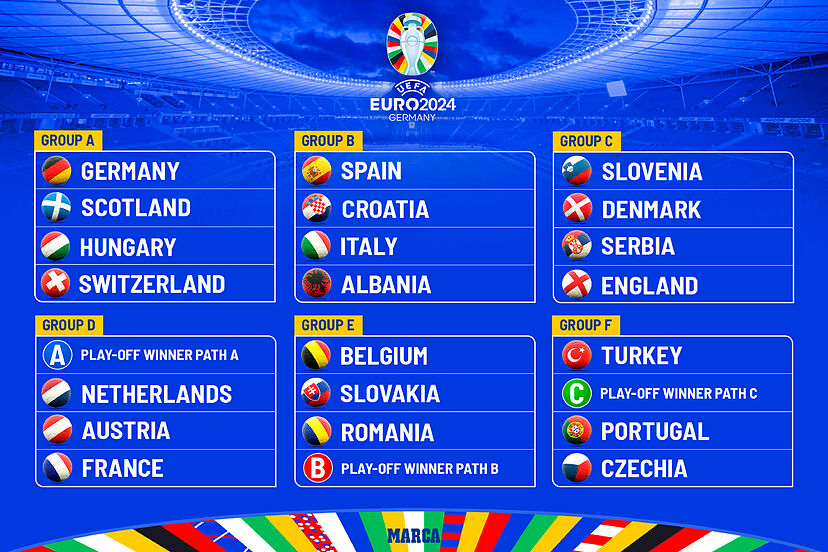In a monumental decision that has sent ripples of excitement through the global football community, FIFA has chosen Morocco, Spain, Portugal, and South America to host the 2030 FIFA World Cup. This marks a historic occasion as the tournament, which has traditionally been hosted by a single nation, will now span across three continents. The decision to host the world’s most popular sporting event in these diverse regions promises to be a spectacular showcase of football’s unity and cultural diversity.
A Multinational Adventure:
The FIFA World Cup has a long history of fostering unity and breaking down cultural barriers through the universal language of football. The decision to host the 2030 tournament in Morocco, Spain, Portugal, and South America is a testament to this vision. By choosing these diverse host regions, FIFA aims to bring fans from around the world together in a celebration of the beautiful game.
Morocco’s Inclusion:
Morocco, the northernmost African nation, will play a pivotal role in the 2030 World Cup. This will mark the second time the country has hosted the tournament, having previously done so in 1986. Morocco’s rich history, unique culture, and passionate fanbase make it a fitting location for this global event.
Spain and Portugal: A Partnership:
Spain and Portugal’s joint bid signifies a commitment to collaboration in the world of football. Both countries have a strong footballing tradition and are known for their beautiful stadiums and passionate supporters. The Iberian Peninsula promises to provide an unforgettable World Cup experience.
South America’s Significance:
South America, the continent that has produced some of the world’s greatest footballing talents, will also host matches in the 2030 World Cup. While the exact locations within South America are yet to be confirmed, it is clear that the heart of football will play a significant part in the tournament.
A Global Spectacle:
The decision to host the 2030 World Cup in Morocco, Spain, Portugal, and South America opens the door to a truly global event. Fans from Europe, Africa, and South America will have easier access to the tournament, promoting inclusivity and expanding the global reach of football.
Hosting a multi-nation World Cup comes with its own set of logistical challenges. Ensuring seamless coordination and communication among the host nations will be essential for the success of the tournament. However, the opportunities for cultural exchange and the sharing of footballing traditions outweigh these challenges.
The 2030 FIFA World Cup will be a landmark event in the history of the beautiful game. By choosing to host the tournament across three continents, FIFA has demonstrated its commitment to fostering unity and celebrating diversity in football. Fans around the world can look forward to a truly global spectacle that will bring people together in the spirit of sportsmanship, camaraderie, and the love of football. With Morocco, Spain, Portugal, and South America as the hosts, the 2030 World Cup promises to be an unforgettable experience for fans and players alike.





